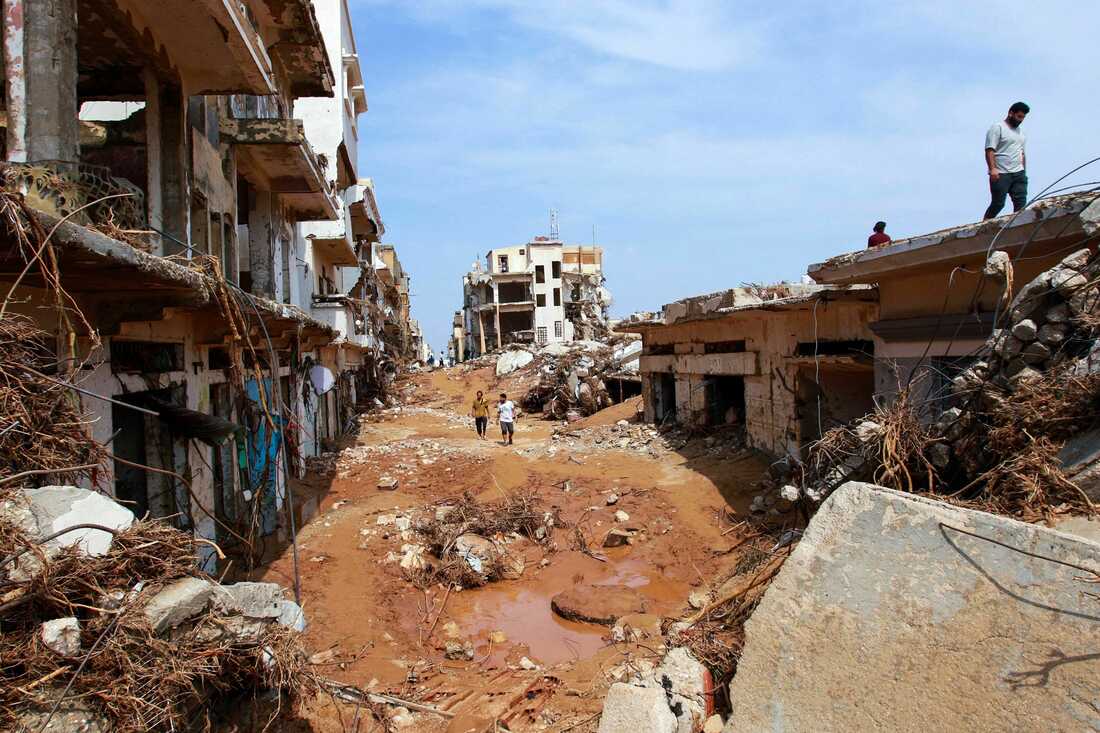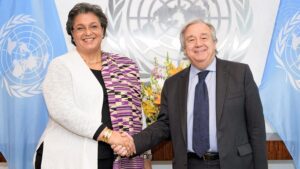UNICEF said in a report on Tuesday that it would remain as a key partner of the government-led initiation of early recovery efforts in areas hit by Strom Daniel and ensuing floods with support of humanitarian actors, focusing on restoration of basic services, including reopening of schools, re-establishing primary care services, and maintaining water and sanitation networks.
UNICEF indicated that it had delivered almost four million litres of safe drinking water, equal to 11 litres per person for 16,022 people for 22 days. It also provided pumps and spare parts to the General Company for Water and Wastewater (GCWW) that enables the restoration of functionality of four non-functional boreholes in Derna, covering 25,000 people.
The report added that UNICEF had completed the priority assessment of 15 health facilities to provide rehabilitation and capacity building support. It indicated that in the reporting period, a total of 90 healthcare workers had been provided with in-depth training on essential health services, including Basic Life Support (BLS), Infection Prevention and Control (IPC) and Nursing.
“This brings the number of trained health staff from the flood affected areas since the storm response to 226 healthcare workers.” UNICEF said, adding that nearly 6,000 children, adolescents and caregivers were provided with community-based mental health and psychosocial support (MHPSS) through deployment of 12 mobile child protection teams in flood-affected areas.
In addition to the cleaning of 11 schools allowing 5,937 children to resume education, UNICEF provided 10 temporary classrooms in the flood-hit areas to ease the negative impact of overcrowded schools due to high levels of displacement from the cities affected by floods.





